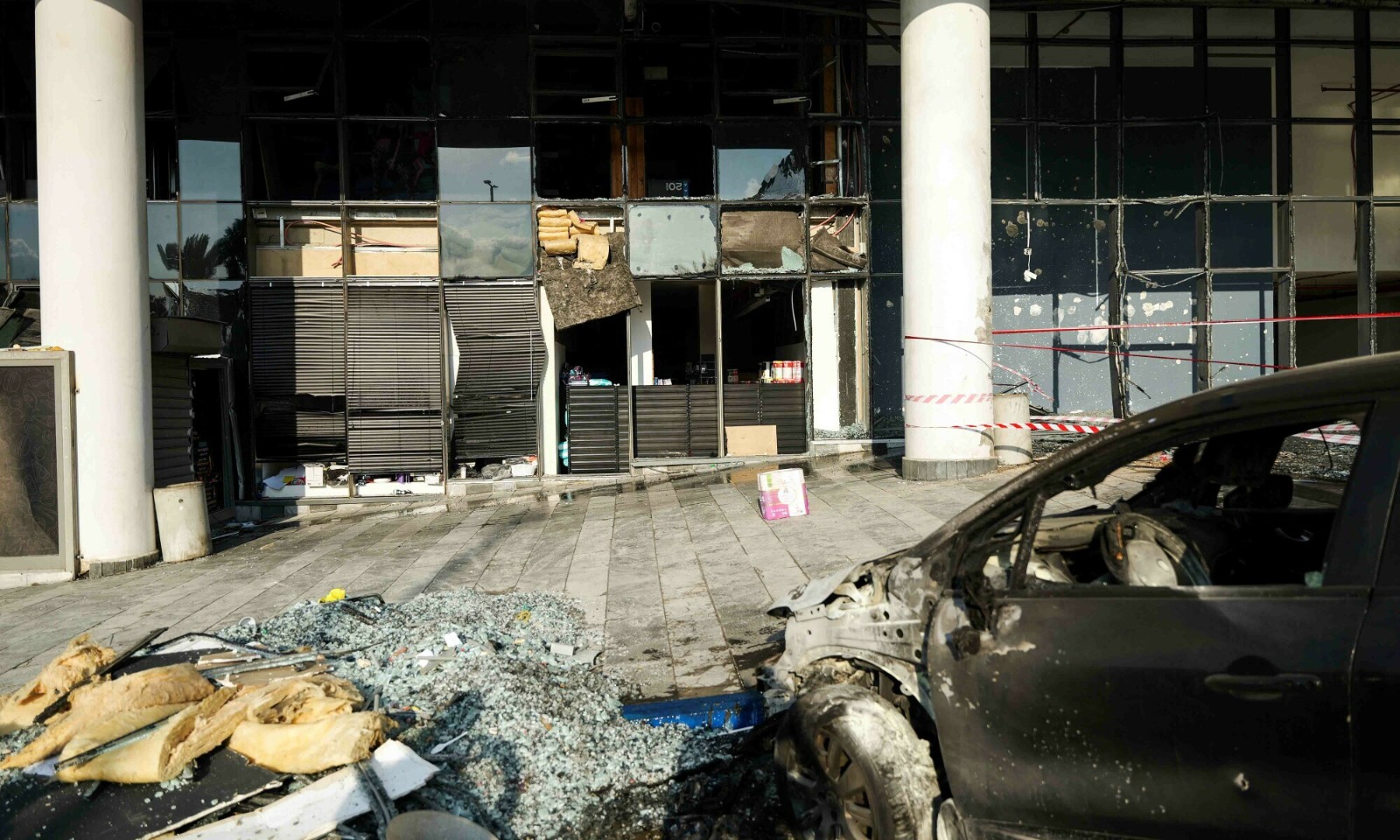The United States’ proposition to establish a humanitarian corridor for civilians trapped in Gaza has triggered concerns of ‘ethnic cleansing.’ Critics argue that this initiative is seen as furthering Israel’s agenda of depopulating the Gaza Strip to stake a territorial claim. Amidst the contentious discourse, the distinction between the call for a humanitarian corridor, supported by influential figures such as UN chief Antonio Guterres, the WHO, and MSF, and the US proposal, which offers Gazans refuge in Egypt, remains pivotal.
The Humanitarian Corridor Demand
The call for a humanitarian corridor has gained widespread support from humanitarian organizations, global leaders, and advocates. This initiative seeks to provide essential aid, including food, medical supplies, fuel, and water, to the besieged Gaza, which has been grappling with severe shortages of these basic necessities for an extended period. The severe humanitarian crisis and dire living conditions in Gaza have made this proposal a lifeline for the distressed population.
Numerous international voices, including Scotland’s First Minister Humza Yousaf, have called for Israel to prioritize the safety of innocent civilians and implement an immediate ceasefire to ensure a secure passage for civilians. First Minister Yousaf also emphasized the need for a humanitarian corridor to facilitate the delivery of crucial supplies to those trapped and unable to escape the ongoing crisis.
The Controversial US Proposal
In contrast, the US proposal has sparked a wave of criticism and concern. This suggestion envisions Gazans seeking refuge in Egypt, raising questions about their future right of return. One Palestinian-origin poet, Samah Sabawi, labeled this move as ‘ethnic cleansing,’ reflecting the apprehension that many share. She revealed that she advised her family in Gaza to leave, but they refused due to uncertainties about their ability to return. This fear of expulsion and loss of ancestral homeland looms large over the population’s decision-making process.
Criticism and Fears of Ethnic Cleansing
A chorus of global figures and activists has voiced their apprehensions regarding the potential for ethnic cleansing. Rohan Talbot, the director of advocacy and campaigns at Medical Aid for Palestinians (MAP), expressed genuine concerns that Israel may attempt to relocate a significant number of Gazans to Egypt, ultimately leading to a form of ethnic cleansing. The idea that Palestinians should “leave Gaza” raised alarms and the possibility of an unceasing refugee flow out of an emptied Gaza looms ominously.
British journalist Hala Jaber added her voice to the dissent, emphasizing that the humanitarian gesture might be a guise for a more sinister agenda. She called out the move as “pure ethnic cleansing shrouded under a humanitarian deed,” emphasizing the long-term consequences that could deprive Gazans of their right to return.
The US proposal for a humanitarian corridor and the accompanying controversial suggestion of refuge in Egypt have thus ignited a passionate debate. The international community is divided, with some endorsing the idea of a safe passage for civilians, while others fear that it may be a cover for a more extensive plan to depopulate Gaza. As discussions continue between Cairo and Washington, the fate of the Gazan people hangs in the balance, as they grapple with an uncertain future amidst these conflicting proposals.















